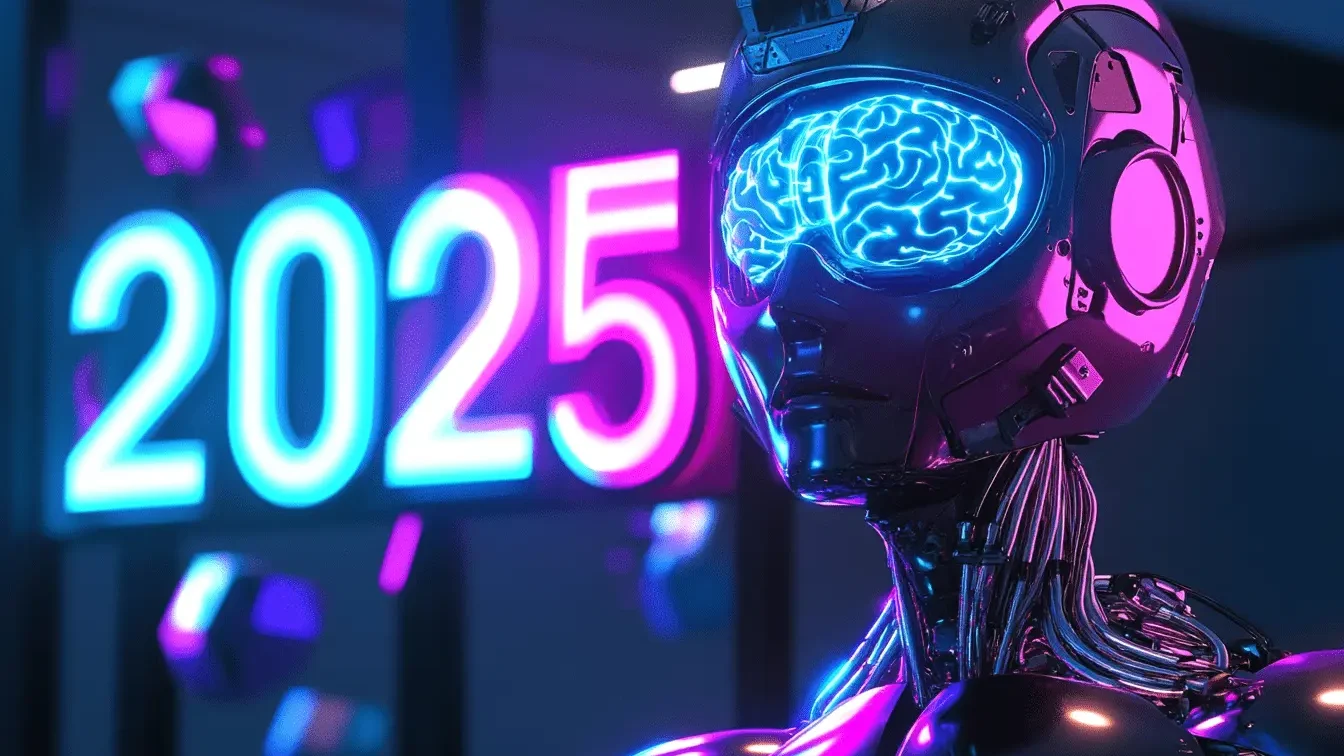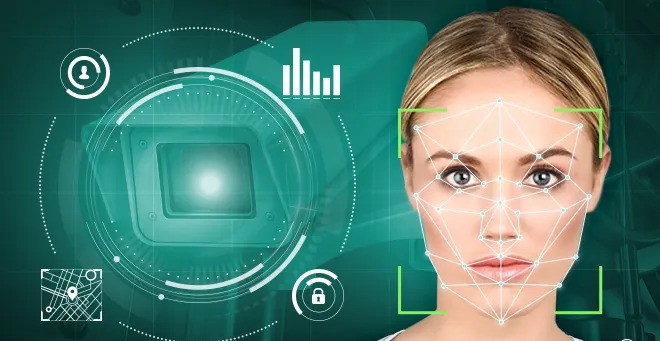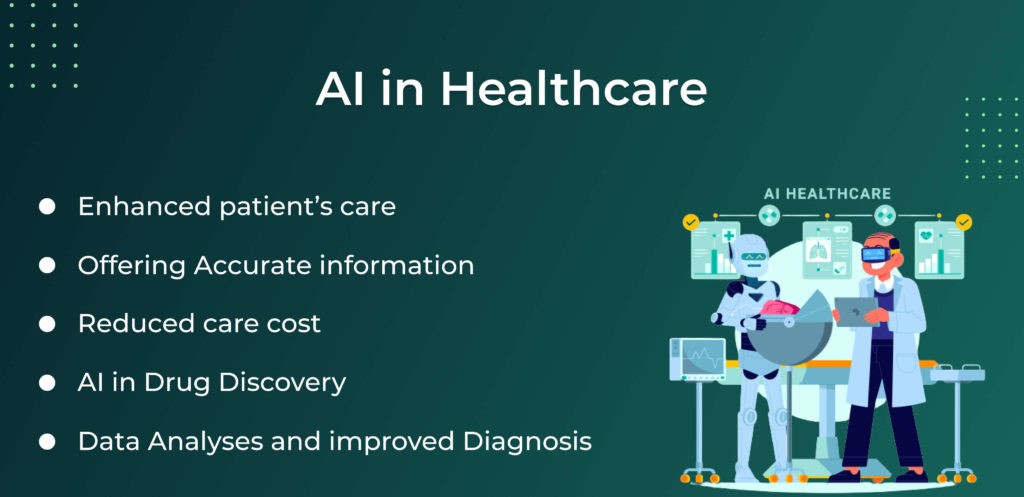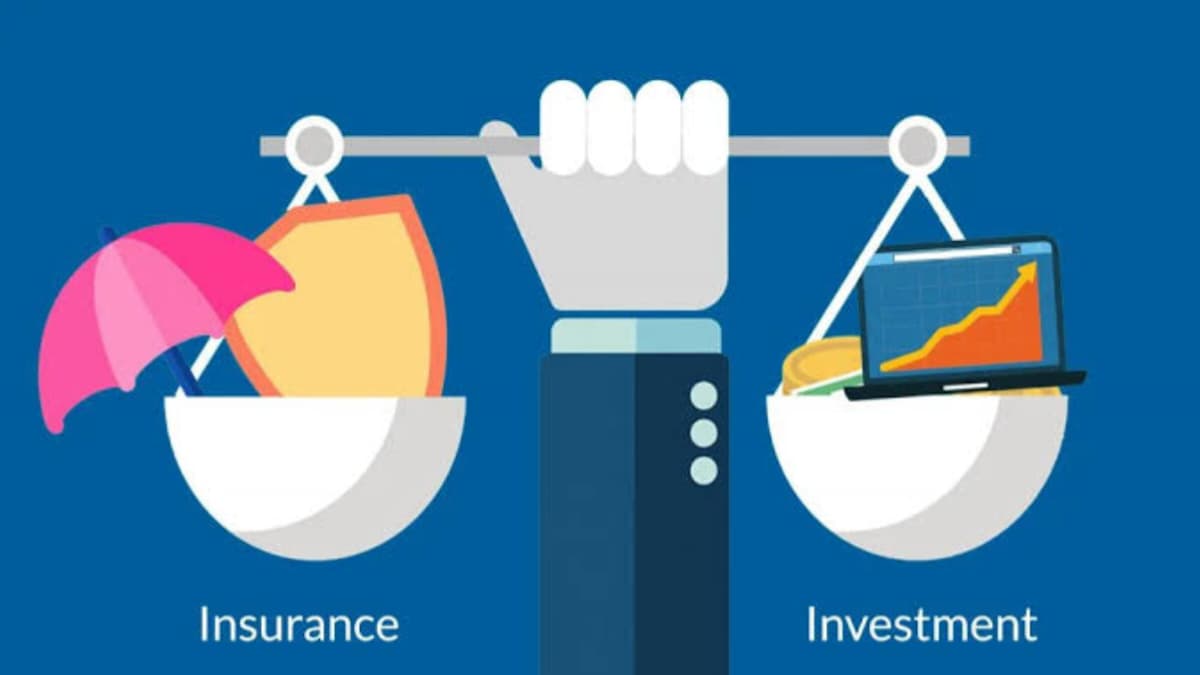AI is set to revolutionize industries and daily life in 2025, with advancements across multiple domains:
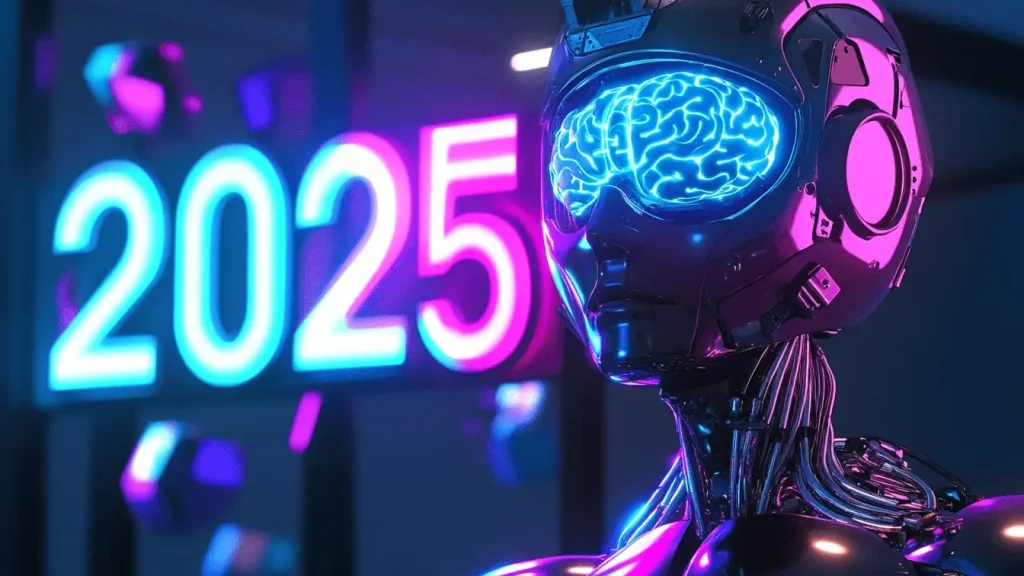
- Personalization: AI will enable highly tailored experiences in retail, healthcare, and entertainment, offering precise recommendations, personalized treatment plans, and custom content creation.
- Autonomous Systems: Self-driving cars, AI-powered drones, and collaborative robots (cobots) will become mainstream, transforming transportation, logistics, and industries like manufacturing.
- Sustainability: AI will play a pivotal role in energy optimization, smart city management, and precision farming to combat climate change and promote sustainable practices.
- Advanced Language Understanding: AI will enable seamless multilingual communication and more context-aware, emotionally intelligent virtual assistants.
- Healthcare Innovations: AI will enhance early diagnostics, accelerate drug discovery, and improve virtual healthcare systems, making treatments faster and more accessible.
- Education and Work: AI will drive personalized learning, skill development, and automation of routine tasks, empowering individuals to focus on creativity and strategy.
- Ethics and Governance: Efforts will focus on bias reduction, data privacy, and ensuring accountability through comprehensive AI policies.
- General AI Progress: Early prototypes of Artificial General Intelligence (AGI) may emerge, opening possibilities for AI capable of human-like reasoning.
Hyper-Personalization Across Industries
AI will enable hyper-personalized experiences in sectors like retail, healthcare, and entertainment.
- Retail: Advanced AI algorithms will predict customer needs with precision, offering highly tailored product recommendations and dynamic pricing.
- Healthcare: Personalized treatment plans and predictive diagnostics will become commonplace, leveraging patient data and genomics.
- Entertainment: AI will craft content—movies, music, and games—tailored to individual tastes, creating immersive and unique user experiences.
Mainstream Adoption of Autonomous Systems
By 2025, autonomous technologies will achieve significant milestones:
- Transportation: Fully autonomous vehicles will be a reality in select regions, transforming public transportation and logistics.
- Drones: AI-powered drones will handle deliveries, surveillance, and disaster response with greater efficiency.
- Robotics: Collaborative robots (cobots) will become integral to manufacturing, healthcare, and service industries.
AI-Driven Sustainability Efforts
AI will play a critical role in combating climate change and promoting sustainable practices.
- Energy Optimization: AI systems will manage energy grids, reducing wastage and integrating renewable energy sources more effectively.
- Smart Cities: Urban areas will adopt AI to optimize traffic, reduce emissions, and enhance waste management.
- Agriculture: AI-powered precision farming will maximize crop yields while minimizing resource consumption.
Advancements in Natural Language Understanding (NLU)
AI language models will become even more advanced, making interactions with technology seamless.
- Multilingual Communication: AI will facilitate real-time translation across languages, bridging communication gaps.
- Conversational AI: Virtual assistants will evolve into highly intelligent companions, capable of understanding context, emotions, and nuanced language.
Revolutionizing Healthcare
AI will redefine healthcare with groundbreaking innovations:
- Early Diagnostics: AI systems will identify diseases earlier than ever, including complex conditions like cancer and neurological disorders.
- Drug Discovery: The development of new drugs will accelerate, reducing time and costs significantly.
- Telemedicine 2.0: AI will enhance virtual healthcare, integrating real-time diagnostics and patient monitoring.
AI in Education and Workforce Development
AI will reshape how we learn and work:
- Personalized Learning: Adaptive learning platforms will cater to individual learning styles and needs.
- Skill Development: AI-driven tools will provide real-time feedback, helping individuals upskill and reskill efficiently.
- Workplace Automation: Routine tasks will be automated, enabling professionals to focus on creative and strategic work.
Ethical AI and Governance
As AI becomes more pervasive, ethical concerns and governance will take center stage:
- Bias Mitigation: Efforts will focus on creating fair and unbiased AI systems.
- Regulations: Governments and organizations will establish comprehensive AI policies to ensure accountability and transparency.
- AI for Good: Initiatives will emphasize using AI to address global challenges like poverty, inequality, and healthcare disparities.
Rise of General AI
While most current AI systems are narrow (specialized for specific tasks), progress toward Artificial General Intelligence (AGI)—AI capable of human-like reasoning—will continue. By 2025, we might witness early prototypes of AGI, opening doors to unprecedented possibilities.
Challenges Ahead
Despite these advancements, challenges persist:
- Data Privacy: Protecting user data will remain a priority.
- Job Displacement: Increased automation could disrupt job markets, requiring proactive measures for workforce adaptation.
- Ethical Concerns: Ensuring AI systems are used responsibly and without harm will be crucial.

